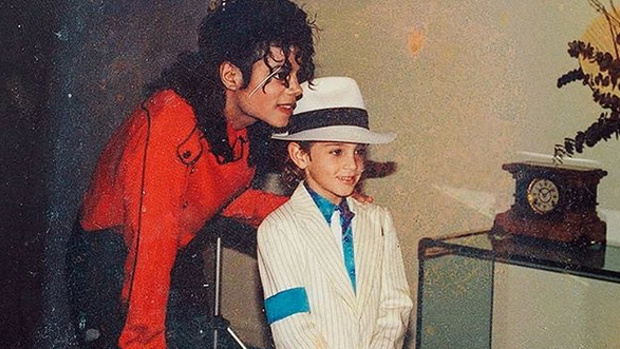Michael Jackson fans are suing the 'Leaving Neverland' accusers in France
- Publish Date
- Wednesday, 3 July 2019, 11:00AM

Michael Jackson fans are suing the two men who featured in the Leaving Neverland documentary for allegedly tarnishing the late singer's image.
Three separate organisations for fans of the 'Thriller' hitmaker - who died from acute Propofol intoxication in June 2009 - have hired a lawyer to put forward a case against the men featured in the HBO documentary, in which they alleged Michael had sexually abused them after befriending them as children.
According to MailOnline, the three French fan clubs - the Michael Jackson Community, the MJ Street, and On The Line - entered documents accusing the men of sullying the pop star's image at a court in Orleans last week, with the help of lawyer Emmanuel Ludot.
READ MORE:
• Michael Jackson’s son Blanket makes rare public appearance - he's all grown up and looks unrecognisable!
• Leaving Neverland director admits one of Michael Jackson's accusers' story is inaccurate ...
Under French law, sullying the image of a dead person is a criminal offence, unlike in Britain or America where libel and defamation laws do not offer this protection.
The fan clubs claim the allegations against the 'Billie Jean' singer are "extremely serious" and "a genuine lynching" of his character.
Although the report doesn't name the two men involved in the lawsuit, the four-hour HBO documentary focuses on the testimonies by James Safechuck, 41, and Wade Robson, 36, who recounted separate but consistent accounts of how Michael had allegedly molested them at his Neverland Ranch home when they were children.
The documents state the fan clubs are seeking symbolic damages of one euro each, and their decision to hire Ludot for the case comes after he successfully sued Michael's doctor Conrad Murray for causing distress to the singer's fans by giving him the sedatives that he overdosed on.
Five fans of the 'Beat It' singer won symbolic damages of one euro each in 2014 after the court in Orleans agreed they had suffered "emotional damage" from the pop star's death, but the ruling was seen as legally dubious by experts.
- Bang! Showbiz
Take your Radio, Podcasts and Music with you

